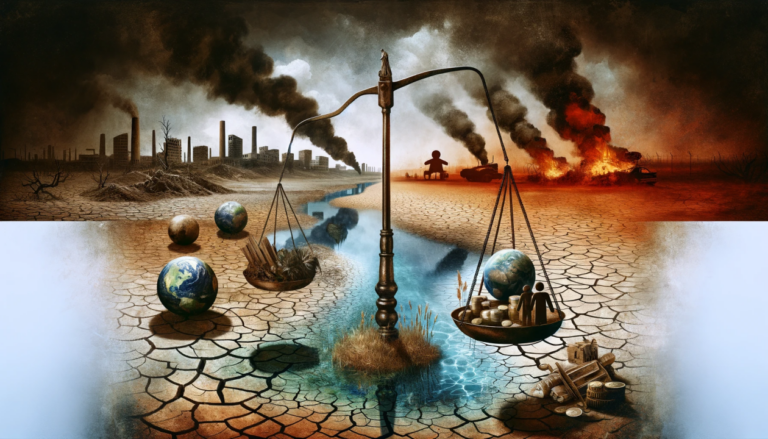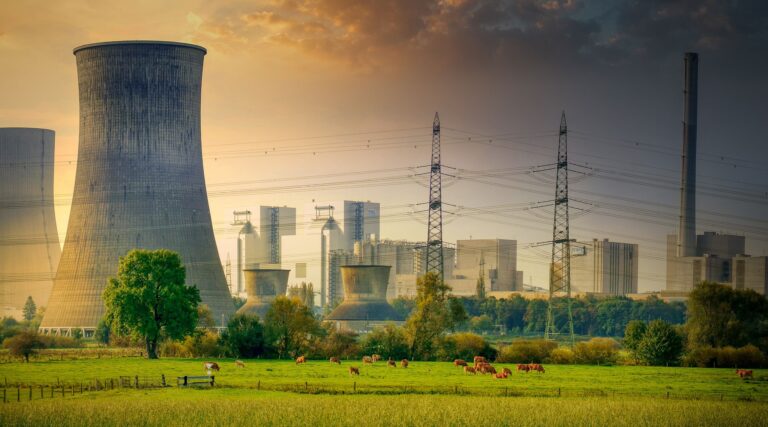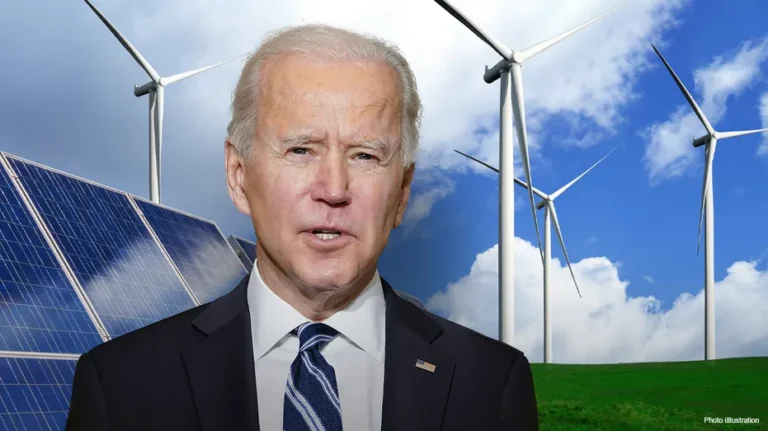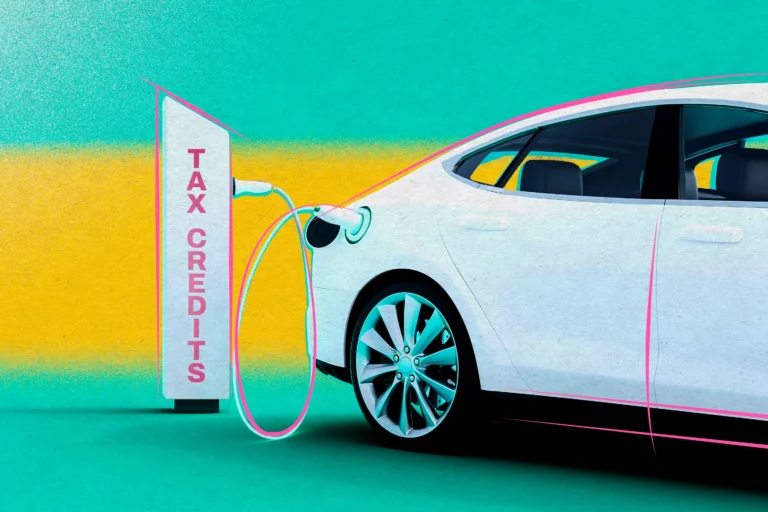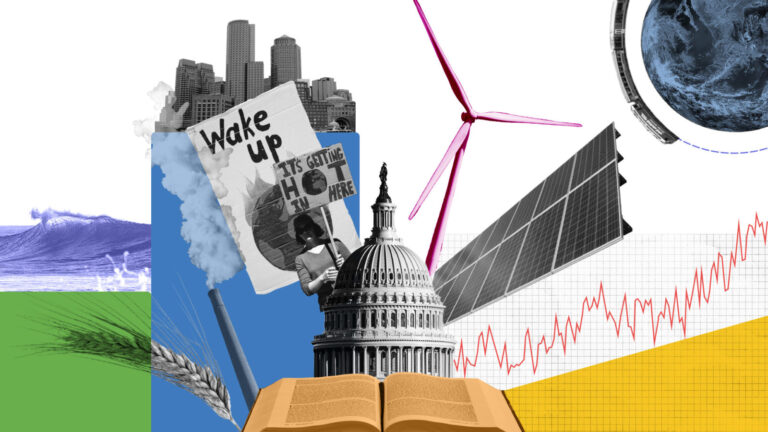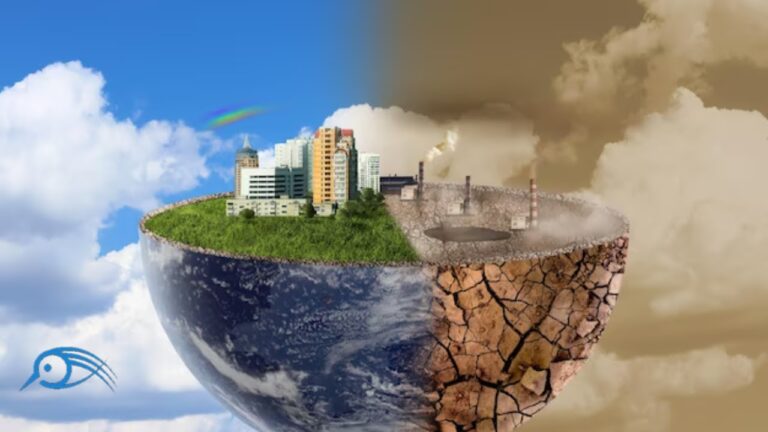Warfare Emerges As Leading Cause Of Climate Damage
David Callaway and Douglas McIntyre, Editors-in-Chief at Climate Crisis 24/7, discuss how modern warfare has emerged as one of the world’s most significant contributors to greenhouse gas emissions. As military technology advances—bringing more drones, rockets, and fuel-intensive logistics—the environmental toll grows sharply. They compare it to wildfires, where one catastrophic event can erase years of…



